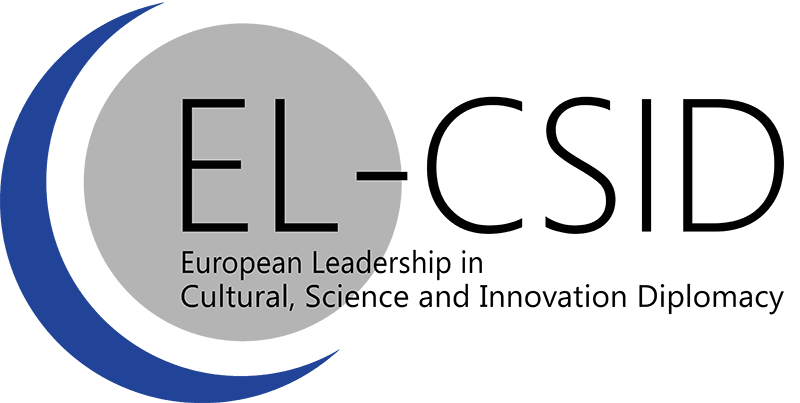How alternative facts could be tackled with science diplomacy
- Luk Van Langenhove
- 18 apr 2017
- 4 minuten om te lezen
Interview conducted by Fintan Burke. Original version can be consulted in Horizon, the EU Research and Innovation Magazine.

Science diplomacy – where scientific collaboration is used to promote broader discussions between countries – enables scientists to help tackle issues such as protectionism and government control over research findings, and could even mitigate the future threat of wars over knowledge and data, according to Professor Luk Van Langenhove, research professor at the Institute for European Studies at the Vrije Universiteit Brussel in Belgium.
Why does science diplomacy matter?
‘It seems to be becoming more important as a result of a number of geopolitical developments. First, there seems to be a tendency to present alternative facts or to limit access to scientific data that (does) not support what governments want to hear. This shows to me that scientists need to step up their efforts of making available the results of their research to the policymakers, as well as to the general public.
‘Secondly, there seems to be a growing tendency towards nationalism and protectionism which may well translate in government (attempting) to keep scientific findings within the boundaries of their own country. It’s the opposite of the philosophy of scientific communities, where openness is always very important.
‘It is often said that we are heading towards a knowledge society. This might include that there will also be global knowledge and data wars. That is why I believe that science diplomacy should not only be the concern of governments, it is also up to the scientific community to realise they have a major role to play in promoting international cooperation, and they should link up as much as possible to the global issues and to using science and technology for dealing with global issues.’
You recently published a report looking at science diplomacy in selected EU countries and others. What did you discover?
‘There are some Member States who, in the context of their science policy, hardly use the concept, or who do not speak about science diplomacy at all. Other Member States do label their engagement in, for instance, science and technology cooperation agreements, or their system of science and technology advisers attached to their embassies, as science diplomacy. But, only a couple of the Member States do have more or less an integrated strategy for science diplomacy.
‘So, the main observation for me is there is a lack of strategy. Only a few Member States have some strategy documents about what they want to achieve, what they want to do with science diplomacy.’
Why do you think that is?
‘I see three reasons. The first is related to the fact that it is a relatively new concept, and it takes some time before new concepts find their way into policy practices. Another reason could be because there is such a variety of things that fall under the header of science diplomacy that it is difficult to formulate a coherent strategy.
‘And there is a third reason as well. Science policy is the prerogative of the ministers of science policy and the departments of science policy funding agencies. This is a totally different world than the world of foreign affairs and diplomatic circles. So, you have to bring these two policy circles together. That’s not always an easy thing, because in most countries you have a very vertical organisation of policy domains and that makes it difficult for those involved in science policy to engage and interact with their colleagues from foreign affairs and external relations.’
You examined several case studies. What stood out?
‘Some countries, such as Switzerland or Spain, have a well-developed strategic vision on what they want to achieve by their science diplomacy efforts. Spain is an interesting example, because they are quite innovative in how they use the concept of science diplomacy and how they link it to a number of practices, including this quite interesting practice of a shadowing system, where they invite scientists to shadow diplomats for a while, and vice versa.
‘That’s good at raising awareness among scientists, and that is definitely needed because one of the problems of science diplomacy might well be that we are not really sure how the scientists themselves look at it. There might be some reluctance (which would cause) some to say, “Well what’s this? I’m a scientist, I’m not a diplomat. Why do you want to use me for state interests?” Hence, raising awareness is definitely a very important issue.’
What would be the EU’s potential in science diplomacy?
‘The potential of the EU is, on the one hand, to organise, at the EU level, support for developing science diplomacy initiatives being initiated by governments or initiated by scientists. There you have a kind of scale advantage in that, rather than organising awareness training and capacity building in each of the Member States, you do it at a European level.
‘On the other hand, I think that the EU could play an innovative role in lifting science diplomacy from the level of individual state interest to more ambitious global initiatives.’
-----------------------
Interview conducted by Fintan Burke. Original version can be consulted in Horizon, the EU Research and Innovation Magazine.

























Opmerkingen